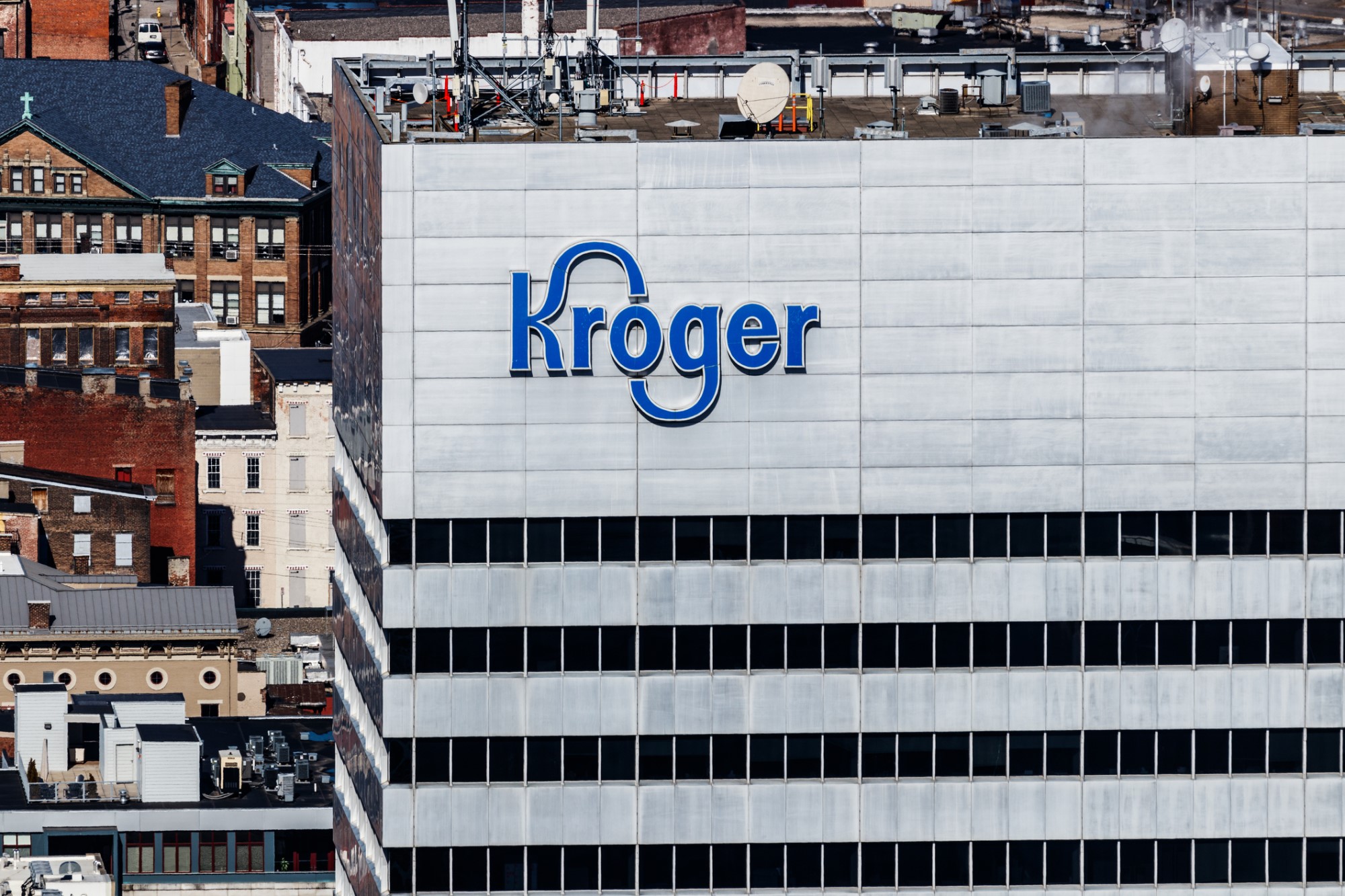Apple’s Proposed Conservation Effort Raises Questions
With a record-setting net worth of over $700 billion, Apple has become the largest U.S. company and produces some of the most widely used technological devices in the world. As the number of Apple product consumers increases, the need for packaging and assembly of these devices also increases. Many people do not consider the amount of paper and land that is needed for this amount of production to occur and what implications this paper and land use has on the environment.
In a recent article by Alexander J Martin, Apple’s proposed plan to buy and cut down 36,000 acres of U.S. forest while teaming up with the Conservation Fund is under intense scrutiny. Along with cutting down the forests covering this land, Apple proposes that it will work to protect the land from being further disturbed after it is used, recycle more of its paper used, and use its paper products in a more sustainable way. The Conservation Fund is therefore in support of this effort because of these proposed conservation efforts. There are many more questions that have been proposed by skeptics of this plan that raise reasonable concerns.
It is questionable whether Apple will follow through with its proposed plan to reforest the land it has bought in order to combat climate change or whether it will continue to use the land for its own paper production. With an increasing consumer source, will Apple need this land for further product production in the future? There are some essential details that many skeptics would like to know about in order to fully develop opinions on the topic. The harvesting and deforestation of 36,000 acres of land will be devastating for countless numbers of organisms that use these forests for habitat and food sources. Although reforestation could arguable help combat climate change by providing more vegetation to sequester carbon dioxide in the atmosphere, it is unlikely that these forests will be able to fully reestablish into the original, completely functioning habitats.
As the largest company in the U.S., Apple provides our country with a considerable amount of revenue. Would inhibiting Apple’s use of these forested lands cause a large decrease in the amount of product the company would be able to produce and sell? How might this effect the U.S. economy? As conservation efforts, climate change, as well as technological advancement become increasingly important aspects of our daily lives, these issues should be discussed in much more detail.
In what ways might Apple be able to ensure the positive environmental impacts of this purchase? Is the continuing development of technology as important as the conservation of U.S. forests and forests world-wide?





